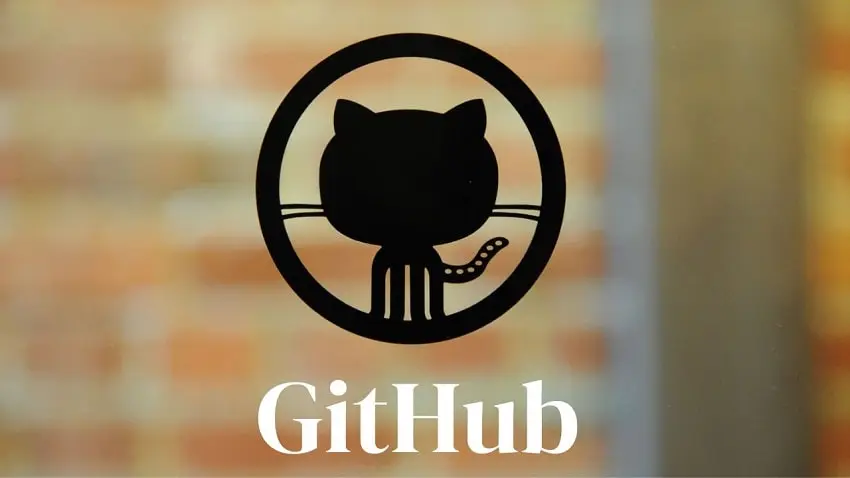
The digital world GitHub.io games is constantly evolving, blending various aspects of technology to create new experiences. One such fusion is the convergence of gaming and web development on GitHub.io games Pages. This platform has gained popularity among tech enthusiasts and developers for its versatility and accessibility, making it an ideal space for innovative projects. In this blog post, we will explore the world of github.io games, highlighting their benefits, showcasing successful examples, and providing a guide for getting started. Whether you’re a gamer, a web developer, or simply curious about this intersection of interests, read on to discover the exciting potential of github.io games.
Introduction to GitHub Pages and Its Growing Popularity
GitHub Pages has become a go-to platform for tech enthusiasts and developers looking to showcase their projects. This free hosting service allows users to publish static websites directly from a GitHub repository. Over the years, GitHub Pages has gained traction due to its simplicity, cost-effectiveness, and seamless integration with version control.
For web developers, GitHub Pages offers an easy way to share their work with the world. It supports custom domains, HTTPS, and automatic builds, making it a versatile tool for various projects. Tech enthusiasts appreciate the platform’s accessibility, allowing them to explore and experiment with different web technologies without the need for complex server setups.
Overview of github.io Games
GitHub Pages is not just for traditional websites; it has also become a hub for innovative gaming projects. Developers have leveraged the platform to create and host interactive games that can be played directly in a web browser. These github.io games range from simple puzzles to complex simulations, offering a diverse array of experiences.
The beauty of github.io games lies in their accessibility. Players can easily access these games without the need for downloads or installations. For developers, the platform provides a space to experiment with game development, share their creations, and receive feedback from the community.
Benefits of Hosting Games on GitHub Pages
Hosting games on GitHub Pages comes with several advantages that make it an attractive option for developers. First and foremost, it is a cost-effective solution. GitHub Pages offers free hosting, which is particularly beneficial for indie developers and hobbyists who may not have the budget for dedicated servers.
Another key benefit is ease of use. Setting up a game on GitHub Pages is straightforward, thanks to the platform’s intuitive interface and comprehensive documentation. Developers can quickly publish their games and make updates with ease, ensuring a smooth user experience.
Version control is another significant advantage. GitHub’s robust version control system allows developers to track changes, collaborate with others, and revert to previous versions if needed. This feature is invaluable for game development, where iterative improvements and bug fixes are common.
Case Studies of Successful github.io Games
To illustrate the potential of github.io games, let’s highlight a few successful examples hosted on GitHub Pages. These case studies provide insights into the development process, audience engagement, and impact on the developer community.
Case Study 1: 2048
The game 2048 is a simple yet addictive puzzle game developed by Gabriele Cirulli. Hosted on GitHub Pages, it quickly gained popularity due to its intuitive gameplay and clean design. The game’s source code is openly available, allowing other developers to create their own variations and improvements. 2048 serves as an excellent example of how a github.io game can capture the attention of a wide audience and inspire further creativity within the community.
Case Study 2: Hextris
Another notable example is Hextris, a fast-paced puzzle game inspired by Tetris. Developed by a group of students, Hextris was initially created as a side project but quickly gained traction. The game’s open-source nature encouraged contributions from other developers, resulting in various enhancements and new features. Hextris demonstrates how github.io games can foster collaboration and continuous improvement.
Case Study 3: PlayCanvas
PlayCanvas is a powerful game engine that allows developers to create 3D games directly in the browser. Hosted on GitHub Pages, PlayCanvas provides a platform for both beginners and experienced developers to experiment with 3D game development. The engine’s open-source nature and active community have contributed to its success, making it a valuable resource for anyone interested in creating 3D experiences.
How to Get Started with GitHub Pages for Game Development
Creating and hosting a game on GitHub Pages is a straightforward process. Below is a step-by-step guide to help you get started:
Step 1: Set Up a GitHub Account
If you don’t already have a GitHub account, sign up for free at github.com. Once you have an account, you can create a new repository for your game.
Step 2: Create a New Repository
Click the “New” button on your GitHub dashboard and fill out the required information to create a new repository. Make sure to name your repository appropriately and set it to public.
Step 3: Add Your Game Files
Upload your game files to the repository. This includes HTML, CSS, JavaScript, and any other assets required for your game. You can do this by dragging and dropping files or using Git commands to push them to the repository.
Step 4: Enable GitHub Pages
Go to the “Settings” tab of your repository and scroll down to the GitHub Pages section. Select the branch you want to use for GitHub Pages (usually the main branch) and click “Save.” Your game will now be hosted on GitHub Pages, and you can share the URL with others.
Step 5: Customize Your GitHub Pages
You can customize your GitHub Pages site by adding a custom domain, enabling HTTPS, and using a Jekyll theme. Refer to the GitHub Pages documentation for more information on customization options.
The Future of github.io Games
The landscape of game development and hosting on GitHub Pages is continually evolving. With advancements in web technologies and the growing popularity of open-source projects, the future looks promising for github.io games.
Increased Accessibility
As web technologies continue to improve, games hosted on GitHub Pages will become more accessible and performant. Developers will have access to better tools and frameworks, enabling them to create more complex and immersive gaming experiences.
Community Collaboration
The collaborative nature of GitHub will continue to drive innovation in game development. Developers can share their work, receive feedback, and collaborate with others to create better games. This sense of community will foster creativity and lead to the development of unique and engaging experiences.
Educational Opportunities
GitHub Pages provides an excellent platform for learning and teaching game development. Educators can create tutorials and example projects, while students can experiment with their own creations. The open-source nature of the platform encourages knowledge sharing and skill development.
Conclusion
GitHub Pages has emerged as a powerful platform for hosting games, offering numerous benefits for developers and players alike. From cost-effective hosting and ease of use to version control and community collaboration, github.io games have the potential to revolutionize the gaming landscape.
If you’re a tech enthusiast, gamer, or web developer, now is the perfect time to explore the world of github.io games. With the knowledge and resources provided in this blog post, you can start your own game development journey on GitHub Pages and contribute to this exciting and dynamic community.
Happy coding and gaming!


